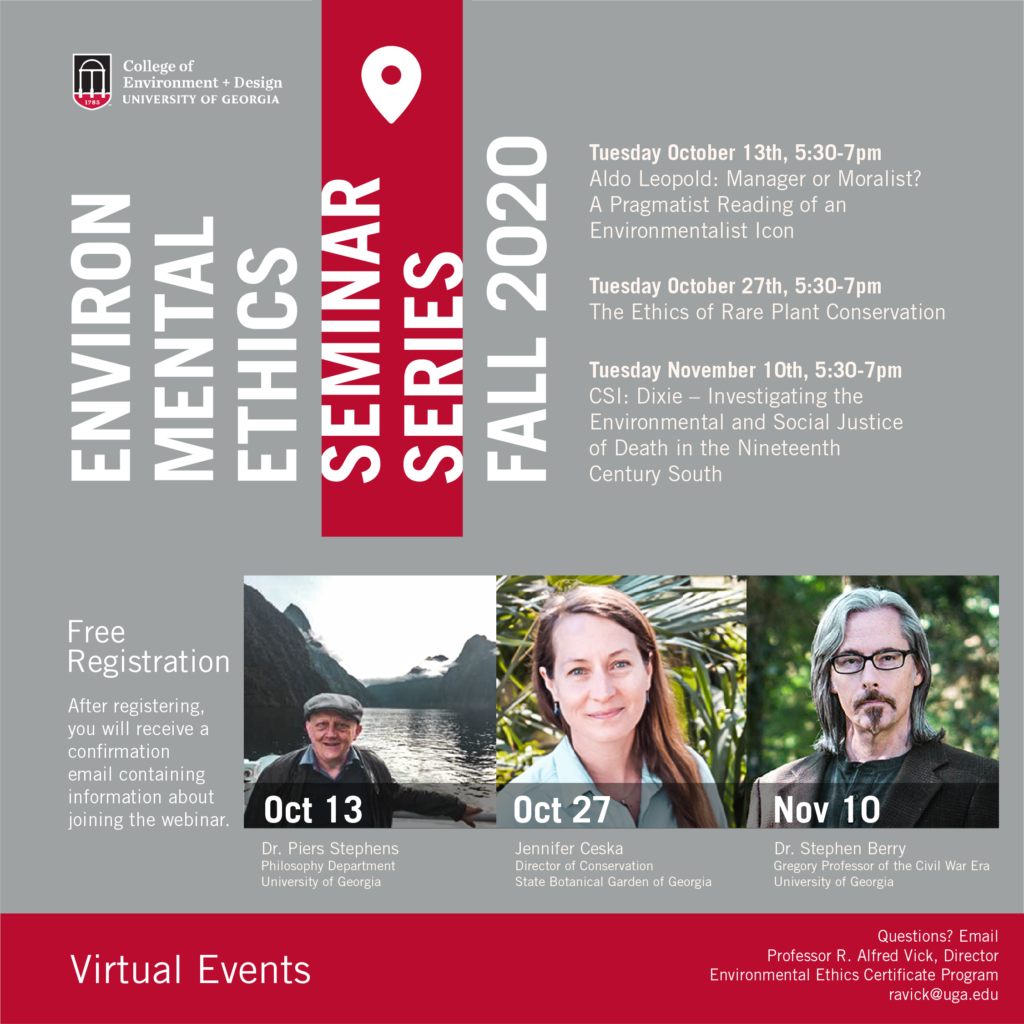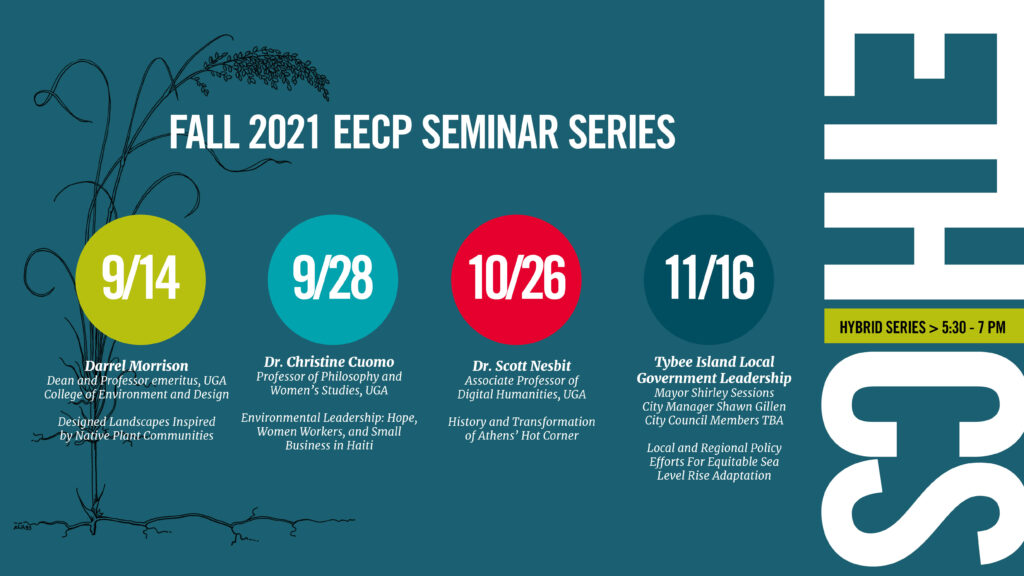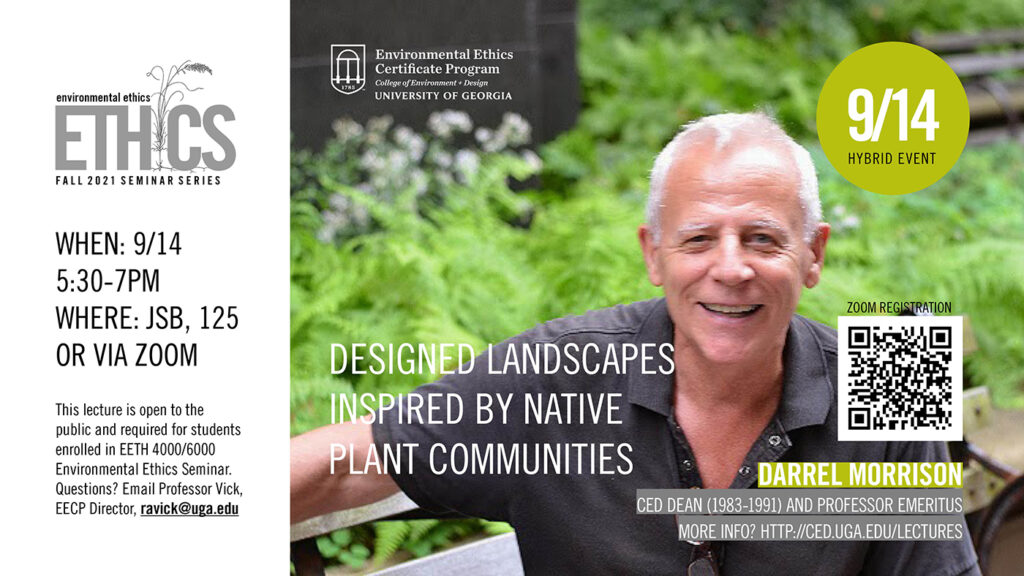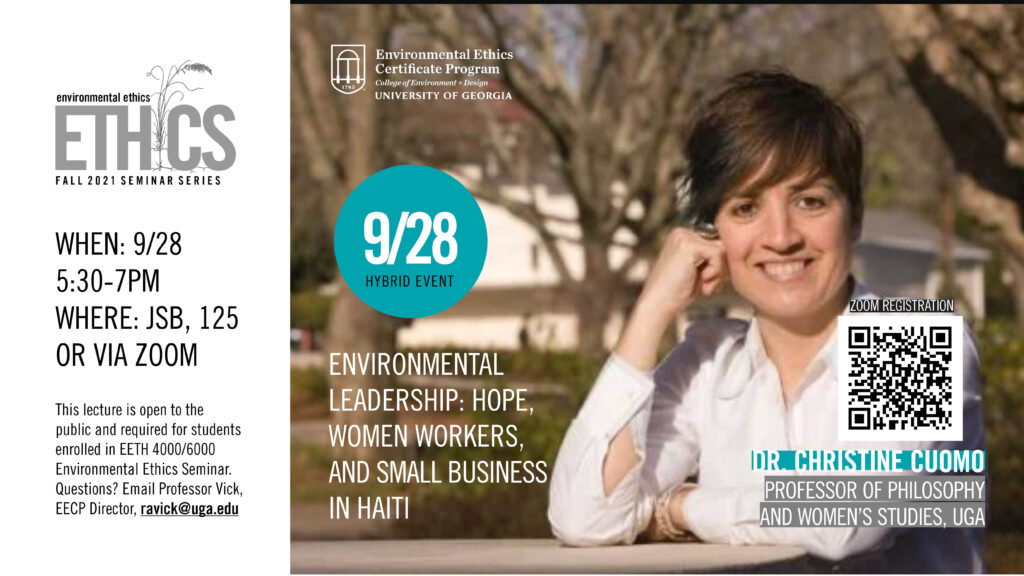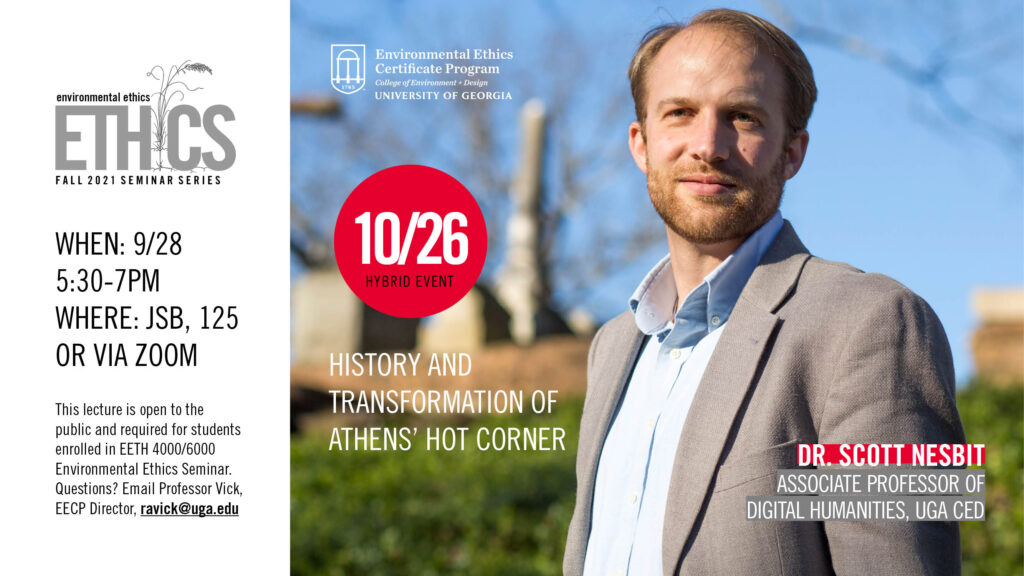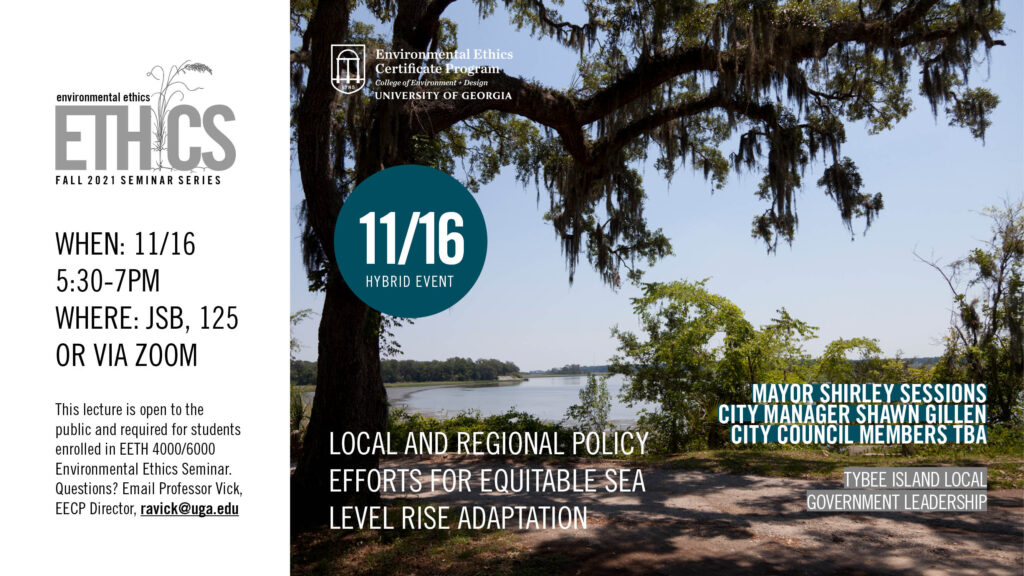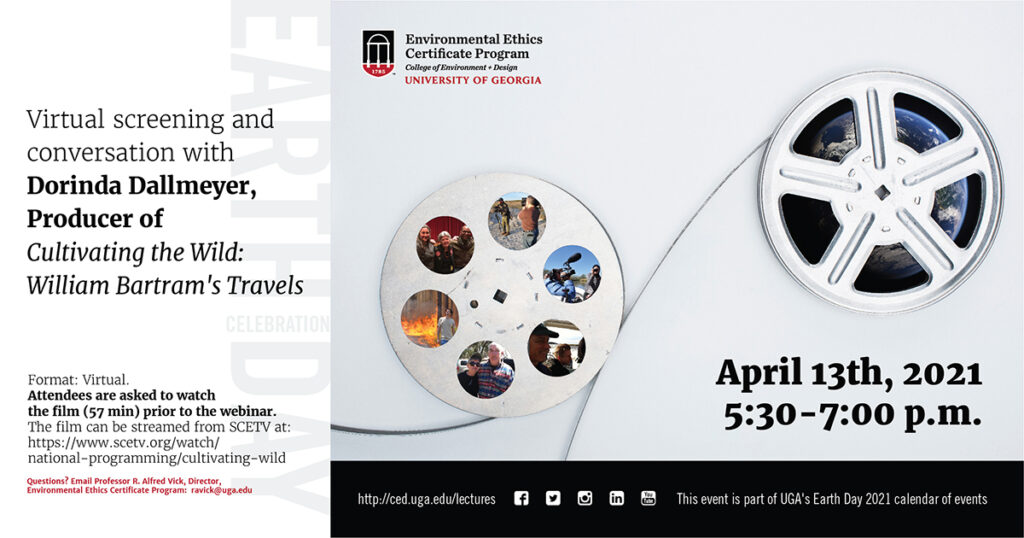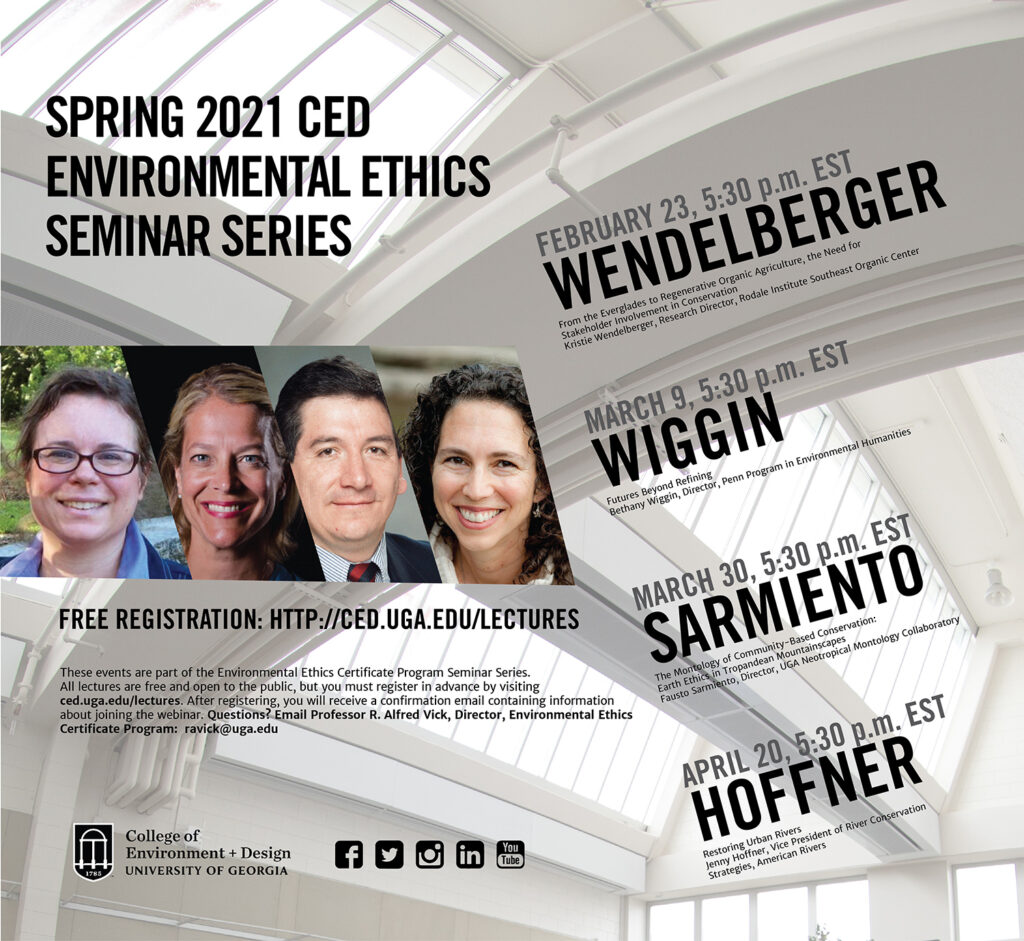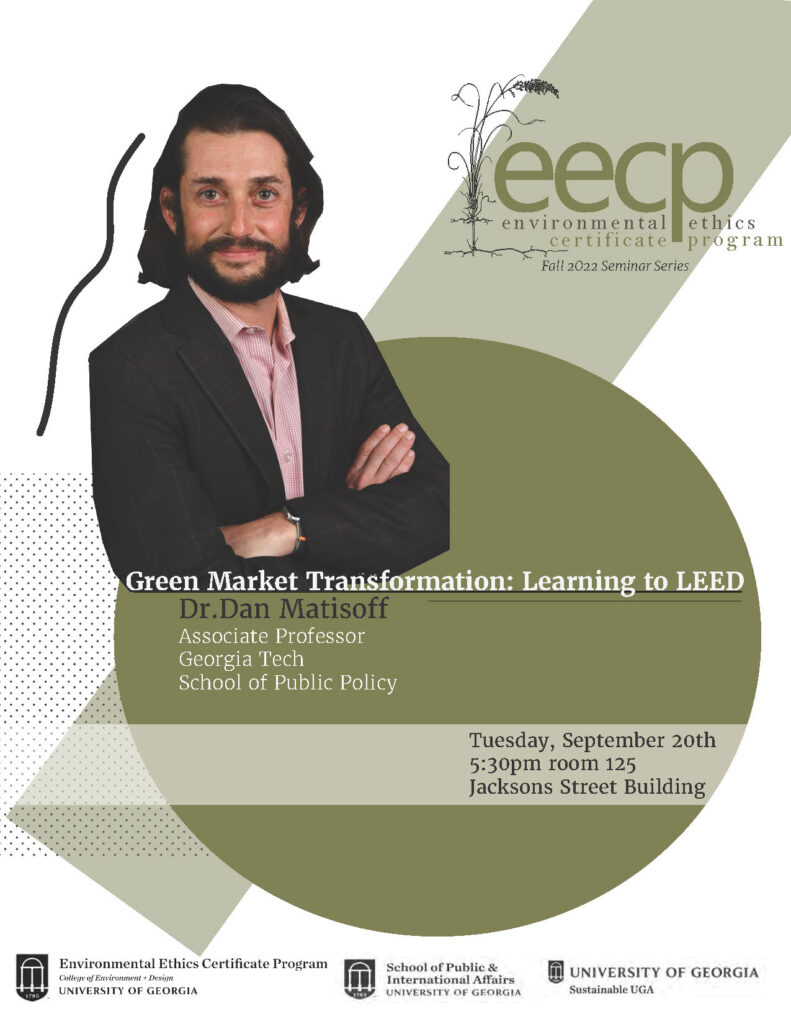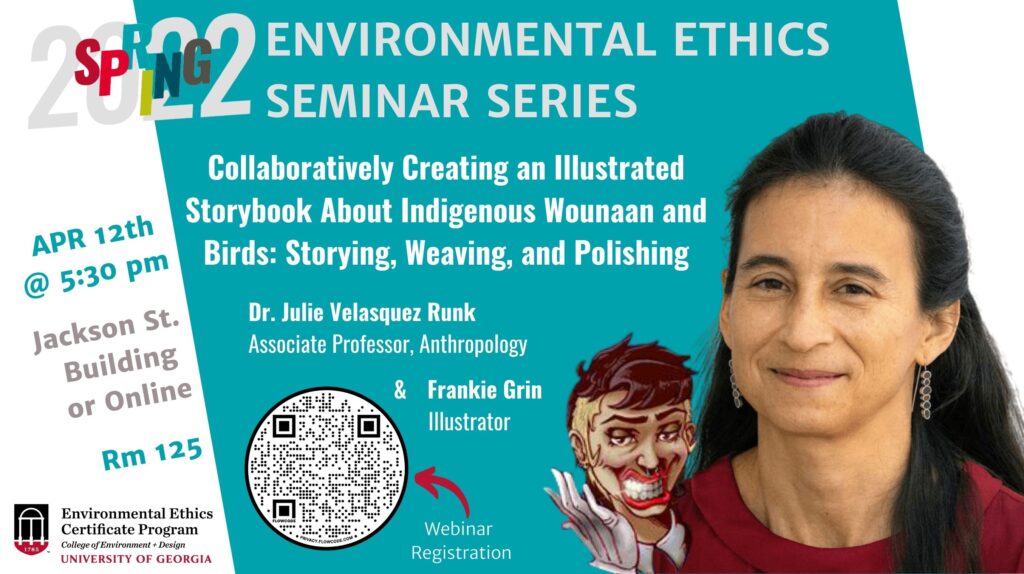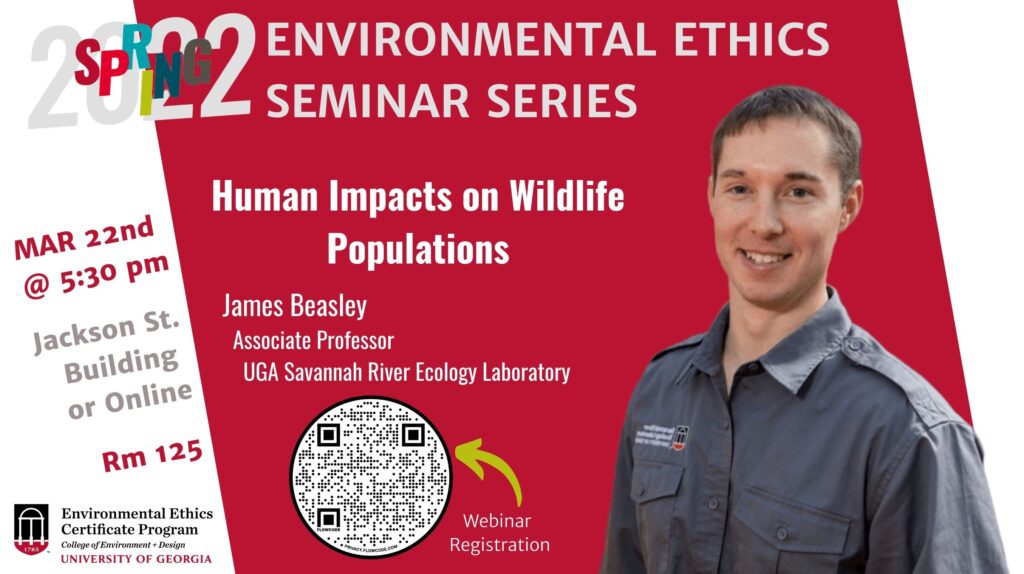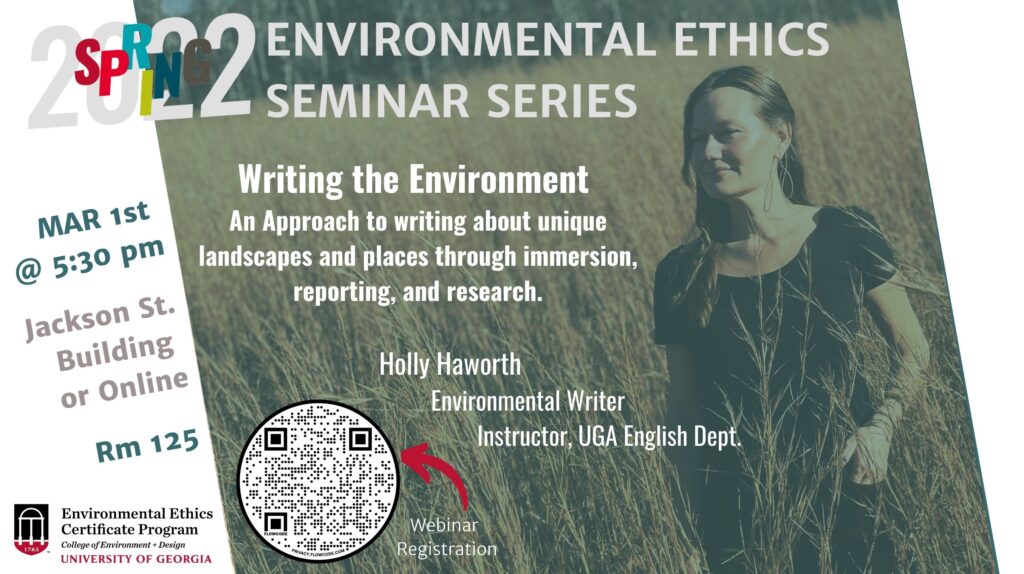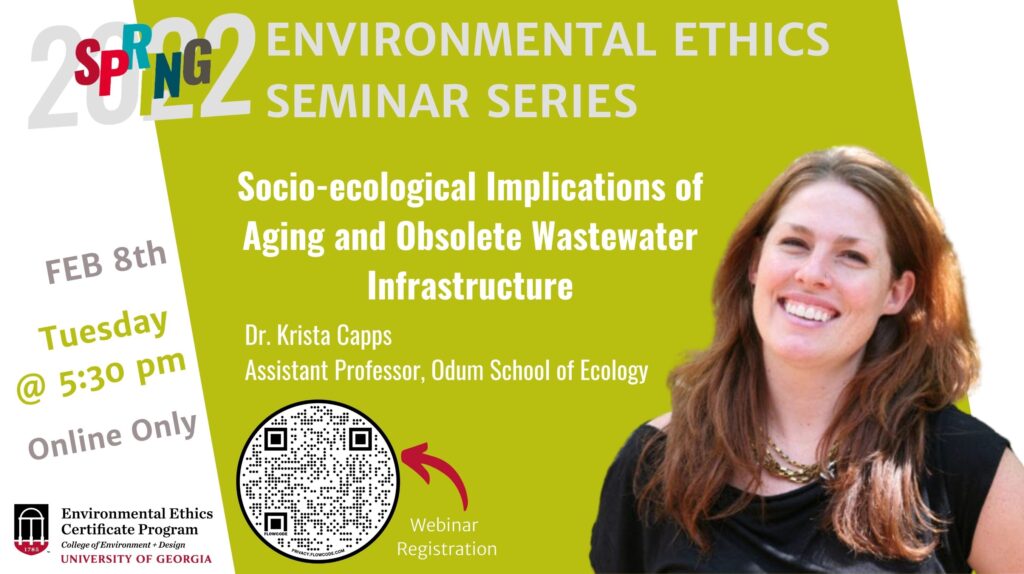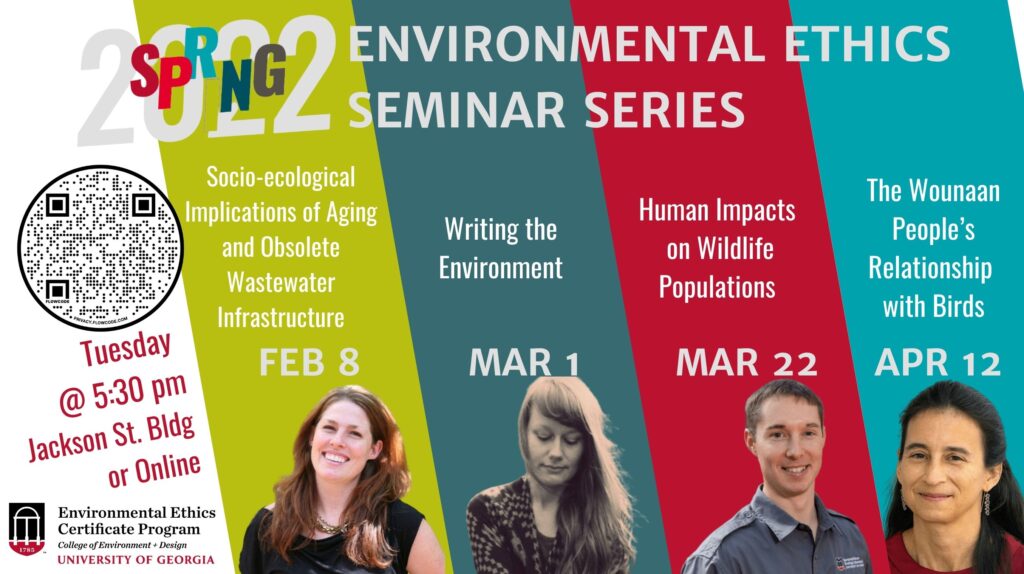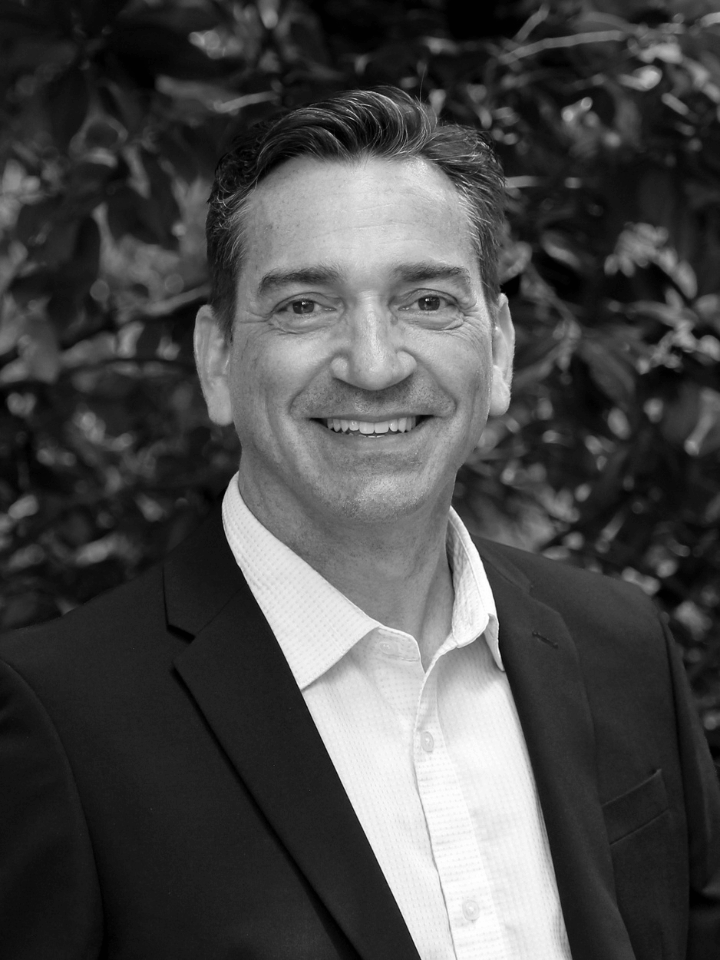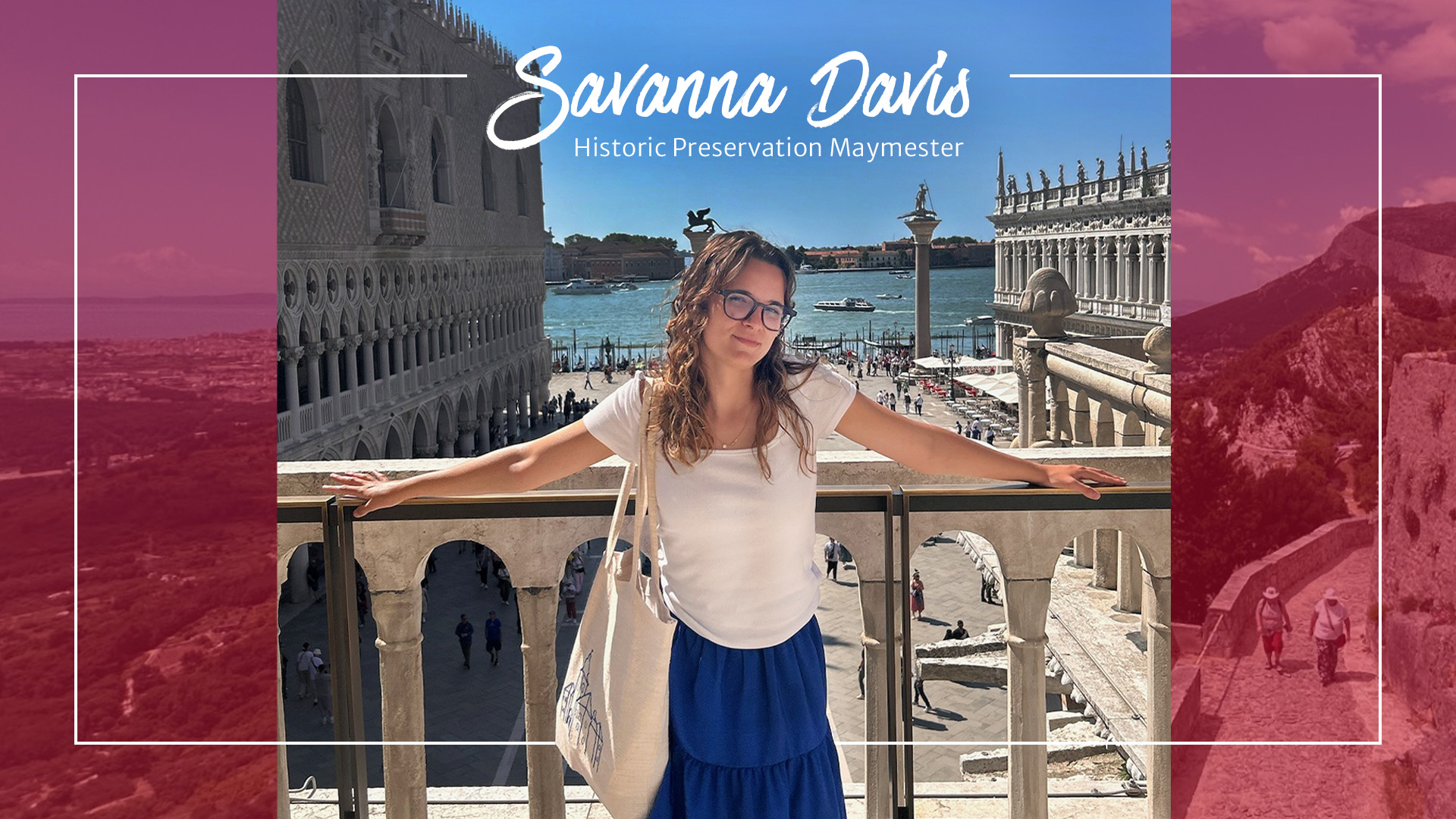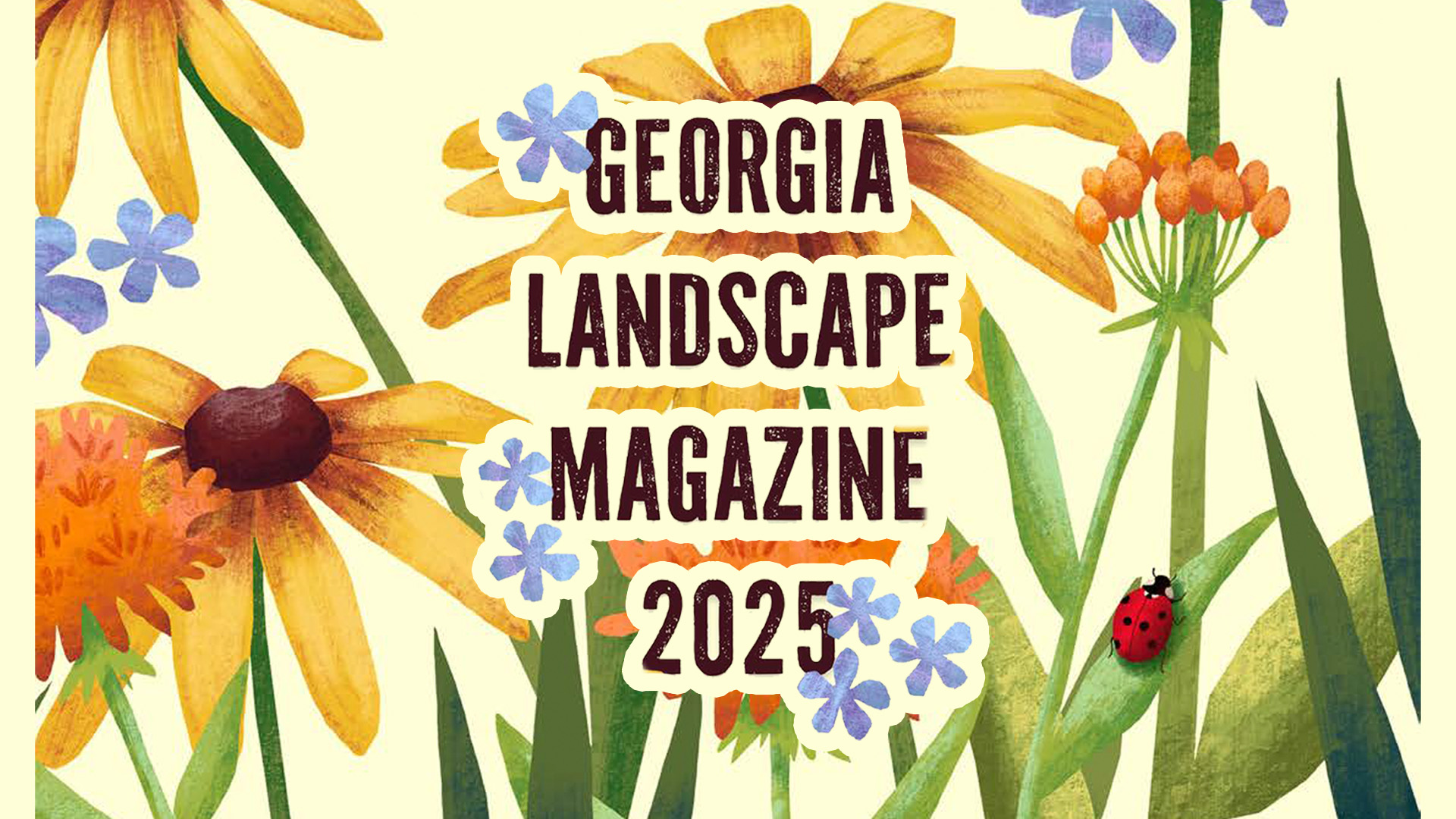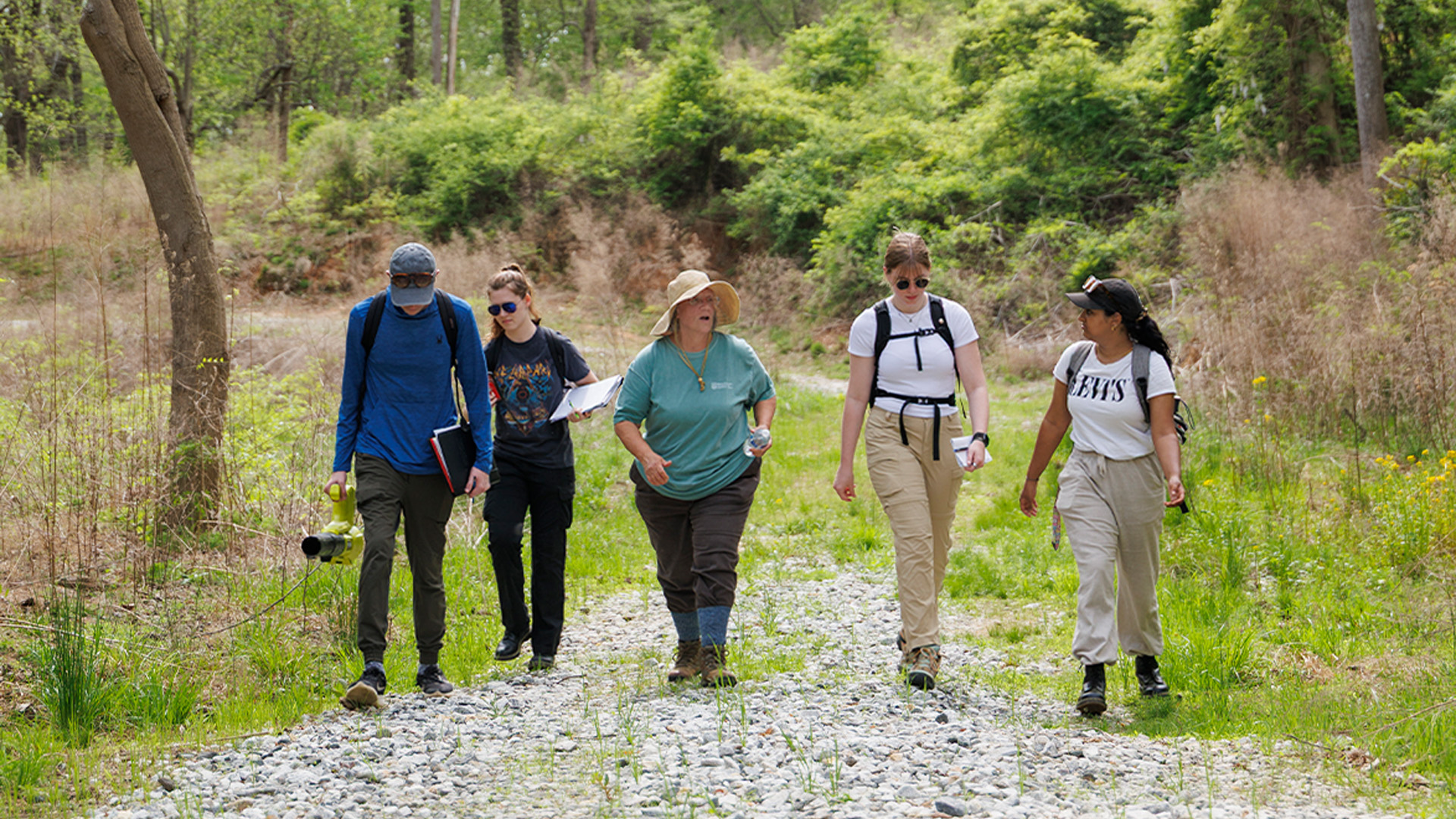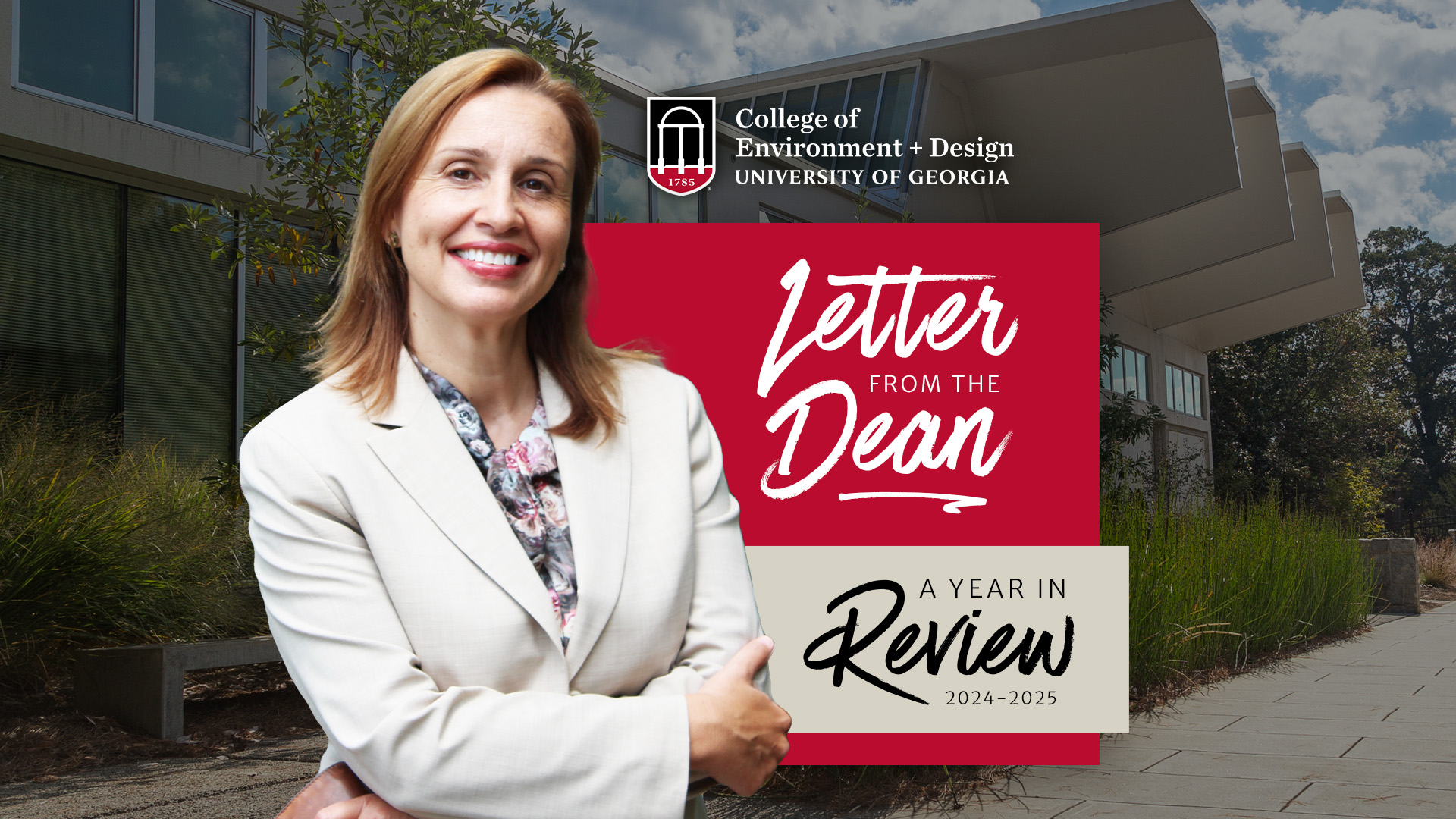John Stuart Mill’s Green Liberalism presented by Wendy Donner
Date: 12.02.2011
Wendy Donner is on the faculty at Carleton University, Ottawa and her talk is hosted by the UGA Philosophy Department.
Abstract: The theoretical framework of the Art of Life is the foundation of Mills moral philosophy. In the Logic, Mill lays out the three departments of the Art of Life– Morality, Prudence or Policy, and Aesthetics; the Right, the Expedient, and the Beautiful or Noble. Mills moral philosophy has a doctrine of Aesthetics and Virtue that compliments his theory of Morality. The distinction between Morality or Duty, on the one hand, and Nobility or Virtue, on the other, plays a crucial role in Mills theory. Understanding the framework of the Art of Life makes it apparent that much happiness depends upon the flourishing of wellbeing outside of the limited domain of Morality. However, the place of the domain of Virtue and Aesthetics is relatively neglected as an object of study and research. For example, there are important connections between Mills environmentalism and his views on aesthetic education.
In this paper I explore Mills views on virtue and aesthetics as it relates to his environmentalism to examine how it interacts with his liberalism and green commitments. I offer an interpretation of Mills environmentalism that looks at his stance on certain questions of economic growth and development ethics. Mill is well known for being an early critic of continual economic growth and for advocating in its place a stationary growth economy. Many of his reasons are the very reasons invoked by contemporary environmentalists who are alarmed at the environmental impact of continual and escalating economic growth on the environment. I want to place his environmentalism within this contemporary movement against excessive materialism and consumerism and in favour of a conception of the good life as concerned with a life that is simple in means, rich in ends in the words of deep ecologist Arne Naess, or voluntary simplicity in the words of ecofeminists Vandana Shiva and Maria Mies. It would seem that a life that is simple in means and rich in ends is very much in keeping with Mills notions of higher value virtuous activities and ends, with his love of natural beauty, and with his disdain for the excesses of materialism and consumerism. It also seems that many of Mills concerns echo and overlap with some principles and tenets of ecological feminism. Mill is widely acknowledged as being an early liberal feminist. His liberalism espouses a powerful critique of oppression and domination. In this paper I explore the prospects for including him as an early advocate of some of the commitments of contemporary ecofeminism.
When Better Isn’t Good Enough: Moving Beyond the Triple-Bottom-Line Towards the New Sustainable Frontier
Date: 11.17.2011
The Willson Center-EECP Odum Lecture is presented this year by Jonathan Herz, Chief Architect for Sustainable Facilities, Office for Facilities Management & Policy, U.S. Department of Health & Human Services.
Jonathan Herz is a registered architect with more than 30 years of experience in design, construction and policy in both the public and private sectors. His work with the U.S. Department of Health and Human Services (HHS) involves the National Institutes of Health, Centers for Disease Control and Prevention, U.S. Food and Drug Administration, and the Indian Health Service.
Herzs research and writing focus on sustainability. His most recent publication is The New Sustainable Frontier: Principles of Sustainable Development (2009) published by the U.S. General Services Administration (GSA). Prior to joining Health and Human Services, Herz headed the sustainable development education initiative for the General Services Administrations Office of Government-wide Policy, and managed major design and construction projects for GSAs Public Buildings Service. Mr. Herz holds a Bachelor of Science degree in architecture from the University of Virginia, along with a Masters degree in architecture from the University of California at Berkeley.
“My Paddle to the Sea”
Date: 11.16.2011
Book launch for John Lane’s book MY PADDLE TO THE SEA: Eleven Days on the River of the Carolinas, published by the University of Georgia Press, and premiere of “River Time,” a documentary film on John’s 300-mile trip from Spartanburg via the Santee River watershed all the way to the Atlantic Ocean. Q&A with John Lane and the filmmakers follows the film.
John Lane’s books include Waist Deep in Black Water, The Woods Stretched for Miles, Chattooga: Descending into the Myth of Deliverance River, and Circling Home (all Georgia); several volumes of poetry; and The Best of the Kudzu Telegraph, a selection of his columns. Lane is an associate professor of English and environmental studies at Wofford College.
“The Big Picture: Communicating Conservation in a Complex World”
Date: 11.11.2011
Mattias Klum, Swedish photographer, filmmaker and international conservationist, will deliver the University of Georgia fall 2011 Boyd Lecture on Nov. 11 at 2:30 p.m. in Mahler Auditorium of the Georgia Center for Continuing Education Conference Center and Hotel. His lecture, “The Big Picture: Communicating Conservation in a Complex World,” is free and open to the public.
The Boyd Distinguished Lecture Series, supported by UGA’s Office of the Vice President for Research and the William S. and Elizabeth Boyd Foundation, brings international leaders in science, education and related fields to campus to discuss contemporary issues in education and research.
“I have had the privilege of watching Mattias Klum close-up in the forests of Borneo, and his genius derives from more than just a combination of technical expertise and artistic vision,” said Pete Brosius, director of UGA’s Integrative Conservation Program. “He recognizes that in the 21st century, we have to tell conservation stories differently than in the past. Rather than simply focusing on sublime images of charismatic species and untouched wilderness, Klum’s work compels us to confront the forces that are changing the planet.”
Klum, through his work as a freelance photographer, filmmaker and lecturer, has been a tireless advocate for conservation around the world. His work has appeared in many international publications, including National Geographic, Wildlife Conservation, Audubon, Geo, Terre Sauvage, Der Spiegel and The New York Times. In 1997, he became the first Swede-and then, the youngest photographer ever-to have his work published on the cover of National Geographic. He has since photographed multiple stories for the magazine, notably a 30-page feature titled “Borneo’s Moment of Truth” in November 2008.
Klum has presented more than 2,500 lectures around the world and has been part of the National Geographic Speakers Bureau since 2003. In that same year, he co-founded the communications agency Tierra Grande, and in 2007, he helped to establish Tierra Grande Publishing and the non-profit Terra Magna Foundation. Today, he is increasingly involved in developing multidisciplinary platforms and awareness campaigns with globally recognized organizations to support key environmental, sustainability and humanitarian initiatives.
His recent and ongoing projects include Expedition Sweden, a five-year environmental and inspirational project for young adults in Sweden, and the Baltic Sea Media Project, which will culminate in a feature-length documentary film in 2017. In 2011, Klum released two new films: The Testament of Tebaran, a Penan elder’s plea to end deforestation in Borneo, and The Coral Eden, part of the Project Oceans initiative to alleviate overfishing and protect endangered marine species. His eleventh book will be published in 2012.
Klum’s advocacy on behalf of biodiversity earned him a medal from the King of Sweden and nomination as a 2008 Young Global Leader of the World Economic Forum. In 2010, he was named Senior Fellow of the Stockholm Resilience Centre and a National Geographic Fellow, in which he supports ongoing National Geographic Mission Programs, focusing on critical biodiversity and conservation issues. He also is a Fellow of the Linnean Society of London, a member of the Board of Trustees of the World Wide Fund for nature of Sweden and was recently named Goodwill Ambassador for the International Union for Conservation of Nature. His photographs won first place in Pictures of the Year International, and he has twice been chosen to serve on the jury of World Press Photo.
Conserving Southern Longleaf: Herbert Stoddard and the Rise of Ecological Land Management by Prof. Bert Way
Date: 10.20.2011
Bert Way, assistant professor of history at Kennesaw State University, will discuss his new book, Conserving Southern Longleaf: Herbert Stoddard and the Rise of Ecological Land Management, published by the University of Georgia Press. A reception and book signing will follow the seminar in the lobby from 4:30 – 5:30 p.m. Sponsored by the Joseph W. Jones Ecological Research Center, the Odum School of Ecology, the University of Georgia Press, and the Warnell School of Forestry and Natural Resources.
From Blog to Book: the Making of The Tarball Chronicles
Date: 10.12.2011
David Gessner is the author of eight books, including Sick of Nature, The Prophet of Dry Hill, and Return of the Osprey, which was chosen by the Boston Globe as one of the top ten nonfiction books of the year and the Book-of-the-Month club as one of its top books of the year. The Globe called it a “classic of American Nature Writing.” His work has appeared in many magazines and journals including The New York Times Magazine, The Boston Globe, Outside, The Georgia Review, The Harvard Review, and Orion. He has taught environmental writing at Harvard, and is currently an associate professor at the University of North Carolina at Wilmington, where he founded the national literary journal, Ecotone.
Gessner describes The Tarball Chronicles this way: The writing was not just about the oil spill itself, but about larger connections: connections between how we have chosen to live and the consequences of those choices; between what we are doing now and our future; between our need for fuel and our love of nature; between the need for sacrifice and the love of luxury.
This will be a Q&A coffee-hour session sponsored by The Georgia Review and EECP.
The Tarball Chronicles: A Writer Responds to the Gulf Oil Catastrophe by Prof. David Gessner
Date: 10.11.2011
David Gessner is the author of eight books, including Sick of Nature, The Prophet of Dry Hill, and Return of the Osprey, which was chosen by the Boston Globe as one of the top ten nonfiction books of the year and the Book-of-the-Month club as one of its top books of the year. The Globe called it a “classic of American Nature Writing.” His work has appeared in many magazines and journals including The New York Times Magazine, The Boston Globe, Outside, The Georgia Review, The Harvard Review, and Orion. He has taught environmental writing at Harvard, and is currently an associate professor at the University of North Carolina at Wilmington, where he founded the national literary journal, Ecotone.
Gessner describes The Tarball Chronicles this way: The writing was not just about the oil spill itself, but about larger connections: connections between how we have chosen to live and the consequences of those choices; between what we are doing now and our future; between our need for fuel and our love of nature; between the need for sacrifice and the love of luxury.
Reception and book-signing to follow.
Emancipating Nature: In Search of an African-American Land Ethic by Dr. J. Drew Lanham, Clemson University
Date: 09.20.2011
Over his career as a wildlife ecology professor at Clemson University, Drew Lanham has committed himself to educating and mentoring young professionals who can meet the challenges of natural resources conservation ethically, enthusiastically, and with fresh perspectives. A birder and ornithologist, Lanham’s research efforts have centered largely on the habitat relationships of songbirds and other wildlife. More recently,a critical aspect of his studies have focused on African-American rural property owners and how their lands might be sustainably managed to maintain family legacy and healthy ecological function. A prolific writer and researcher, he has received Clemson University Wildlife Society’s Excellence in Teaching Award multiple times, the John Madden Fellowship from the Outdoor Writer’s Association of America, and a Toyota TogetherGreen Fellowship, among many other honors.
Reception following seminar. Co-sponsored with the Odum School of Ecology
To view the seminar, please go to:
http://podcasting.gcsu.edu/4DCGI/Podcasting/UGA/Episodes/22039/384607046.mov
Lost Species: Visions of Landscapes Past
Date: 09.15.2011
Have you ever wanted to see an ivorybill woodpecker, Carolina parakeet, or passenger pigeon?
The Georgia Museum of Natural History, which has been closed for extensive renovations, will reopen on Thursday, Sept. 15 at 6:00 p.m. with a reception for the new exhibition Lost Species, Visions of Landscapes Past. The reception will feature a discussion by landscape artist Philip Juras, whose paintings are included in the exhibition, and a short reading by nature writer Dorinda Dallmeyer, director of the University of Georgia Environmental Ethics Certificate Program. The reception is free and open to the public.
Lost Species, Visions of Landscapes Past explores historic southern landscapes and the species that inhabited them. It features specimens of long-lost, iconic species such as the ivory-billed woodpecker, Carolina parakeet, and passenger pigeon, and paintings of pre-settlement southeastern landscapes by artist Philip Juras.
Juras, who received his BFA and MLA from the University of Georgia, has long been interested in the landscapes of the pre-settlement South. He combines direct observation with historical, scientific, and natural history research to depict, and in some cases re-create, landscapes as they appeared in the 1770s. His recent exhibition, Philip Juras: The Southern Frontier, Landscapes Inspired by Bartram’s Travels, explored the southern wilderness as eighteenth century naturalist William Bartram described it. Lost Species, Visions of Landscapes Past includes several of the paintings from The Southern Frontier, which was on display at the Telfair Museums in Savannah and the Morris Museum of Art in Augusta in 2011, as well as new work.
The Georgia Museum of Natural History is the repository for the preservation and study of the tangible evidence of the history, culture and natural heritage of the state of Georgia and its people. It is a consortium of 14 important natural history collections, each the largest of its kind in Georgia, supported by the departments of Anthropology, Botany, Entomology, Geography, Geology, and Plant Pathology at UGA. The Museum links collections, research, public service, and education through programs designed for a diverse audience.
The exhibition will run through the fall. The Exhibit Hall is open Monday through Friday, 10 am to 4 pm.
Pressurized science: Conducting research during an environmental disaster
Date: 08.31.2011
Conservation Ecology and Sustainable Development—special lecture by Dr. Samantha Joye, Professor, UGA Dept. of Marine Sciences.
Experiencing the Sublime: When Nature Bites Back
Date: 08.23.2011
How do people make sense of nearly losing their lives during an encounter with untamed nature? What if the two people involved are environmental philosophers? We’ll discuss two classics David Kellers Tornados and the Sublime: Discourse on the Human Place in Nature and Val Plumwoods Being Prey. The discussion will be led by Dorinda Dallmeyer.
David R. Keller is Professor of Philosophy and Director of the Center for the Study of Ethics at Utah Valley University (UVU). After receiving a double-major baccalaureate degree in English and Philosophy from Franklin & Marshall College and a masters degree in Philosophy from Boston College, Keller earned a doctorate in Philosophy at the University of Georgia. His dissertation, written under the direction of Frederick Ferr, addressed environmental philosophy. At Georgia, he also completed the interdisciplinary graduate Environmental Ethics Certificate Program. His most recent book is Environmental Ethics: The Big Questions (Wiley-Blackwell, 2010). The Tornados essay can be found at the EECP website under the Newsletters tab.
Val Plumwood (11 August 1939 c. 28 February 2008) was an Australian ecofeminist intellectual and activist, who was prominent in the development of radical ecosophy from the early 1970s through the remainder of the 20th century. Plumwood was active in movements to preserve biodiversity and halt deforestation from the 1960s on, and helped establish the trans-discipline known as ecological humanities. You can read Being Prey online at valplumwood.files.wordpress.com/2008/03/being-prey.doc
“The Writer and Social Responsibility: A reading by Barry Lopez, National Book Award-winning author”
Date: 04.19.2011
The Georgia Review 2011 Earth Day Celebration
Barry Lopez is the author of many books, among them the National Book Award winner Arctic Dreams (1986); Home Ground: Language for an American Landscape, edited with Debra Gwartney (2006); and eight works of fiction. His honors include the Academy Award in Literature from the American Academy of Arts and Letters; the John Hay Medal; Guggenheim, Lannan, and National Science Foundation fellowships; and Pushcart prizes in fiction and nonfiction. The San Francisco Chronicle has called him arguably the nations premier nature writer.
Barry Lopez’s distinctive essays and stories have graced eight issues of The Georgia Review since 1993 most recently, in Fall 2010, A Dark Light in the West: Racism and Reconciliation. This essay is an example of the sustained attention Lopez applies, throughout his work, to the complex ethical problems of our social, environmental, and political systems. Meet Lopez at a reception after his presentation, which will include readings from new fiction and nonfiction.
NOTE: Seating is limited and advance purchase is strongly recommended.
This event is presented by The Georgia Review and the State Botanical Garden of Georgia, with vital support from the UGA Department of English, the Grady College of Journalism and Mass Communications, the Office of International Education, and the UGA Press. Additional support is provided by Big City Bread Cafe, Terrapin Brewery, and Northeast Sales Distributing.
“Some Like It Hot: Gender, Development and Climate Change”
Date: 04.18.2011
This EECP seminar will be delivered by Dr. Trisha Glazebrook, professor and chairperson of the Department of Philosophy, University of North Texas.
EECP Notes from the Field: Environmental Ethics and Resource Geography
Date: 04.12.2011
Join Doug Oetter as he reflects on how the EECP continues to affect his professional life 20 years later.
Doug Oetter is Associate Professor and Geography Program Coordinator in the Department of History, Geography, and Philosophy at Georgia College and State University. A recipient of the Graduate Environmental Ethics Certificate in 1990, he received his PhD in geography from Oregon State University in 2002.
Refreshments 5:00-5:30; seminar 5:30-6:30.
On Truth, Beauty, and the Cosmos: Steps toward a Moral Ecology of Knowledge
Date: 03.25.2011
The EECP continues its focus on Ecotopias in a joint seminar series presented with the Philosophy Department with a seminar delivered by Laura Dassow Walls, English, University of South Carolina.
Athens premiere of “Green Fire,” a newly released documentary on the life of Aldo Leopold.
Date: 03.10.2011
This movie is being shown as part of the Aldo Leopold Weekend observance March 10-12.
The events include two screenings of “Green Fire,” a new documentary film about the life and work of Leopold, whose philosophy and writing helped shape the modern environmental movement. The film, the first full-length, high definition documentary ever made about Leopold, will be shown March 10 at 7 p.m. at the Athens-Clarke County Library, and March 12 at 9:15 a.m. at the State Botanical Garden. Both showings are free and open to the public.
Other events that are part of “Aldo in Athens” include a guided walk of the University of Georgia campus March 10, led by Dorinda Dallmeyer, and a guided hike in the State Botanical Garden March 12 led by Linda Chafin. In addition, Dallmeyer and Walt Cook will speak at the March 10 screening of “Green Fire” about how the impact of Leopold’s work is visible in Athens today.
The “Aldo in Athens” events are organized by Nancy Lindbloom, an Athens conservationist who is chair of the annual GreenFest in Athens and an admirer of Leopold. The events are a precursor to GreenFest, which will be held in April and May.
Leopold, an educator, forester, ecologist and author who died in 1948, is best known for his seminal book A Sand County Almanac, a series of essays in which he developed the “land ethic” philosophy. His ideas about conservation and the connection between people and the natural world are considered major influences in the development of environmental awareness and activism in the last half of the 20th century.
The “Green Fire” film was completed last year and is being shown around the country in 2011. In addition to highlighting Leopold’s life and career, the film shows how his ideas remain influential today through such initiatives as the local food movement, ecological restorations, community conservation efforts and protection of endangered species. More information about the film is available at http://www.greenfiremovie.com.
At the March 10 screening in the Athens-Clarke County Library auditorium, Dallmeyer and Cook will discuss Leopold’s legacy. Dallmeyer is director of UGA’s Environmental Ethics Certificate Program and helped create the Southern Nature Project, a collaborative that fosters writing about the southern landscape. Cook, a retired UGA forestry professor, is a founder of Sandy Creek Nature Center and long-time leader in local environmental activities.
From 3-4 p.m. on March 10, Dallmeyer will lead a walk around the UGA campus based on a guide she created titled Sand County on Campus
(http://www.uga-eecp.com/user_files/FinalSandCounty%20on%20CampusFeb.22.pdf ). Those taking the walk should meet Dallmeyer on the top floor (Level G) of the UGA North Campus Parking Deck.
Following the March 12 screening of “Green Fire” in the State Botanical Garden Callaway Building, Linda Chafin, a researcher and educator at the garden, will lead a Leopold-themed hike through several areas of the garden. The hike will begin about 11 a.m. from the Callaway Building.
For more information about “Aldo in Athens,” contact Nancy Lindbloom at (706) 549-4720 or [email protected].
Cultural Reinvention in Germany’s Ruhr District: the Landscape Park Duisburg-Nord
Date: 03.09.2011
Martin Kagel and Sarah Hemmings collaborate on research focusing on the sublime beauty, history, and social implications of one of the most important and extensive public park projects of our time, the Ladschaftspark Duisburg-Nord, in the environmentally and economically challenged post-industrial Ruhr district of Germany. Dr. Kagel is a Professor of German and Department Head of UGAs Germanic & Slavic Studies program, the recipient of numerous distinguished teaching awards, and is a member of the UGA Teaching Academy. Ms. Hemmings is a NASA researcher on the use of remote sensing technology for environmental public health applications. She holds an MS in Ecology and an Environmental Ethics Certificate from UGA and an MPH in Environmental Health from the University of Alabama. Sarah Hemmings received the first Feighner Award for Outstanding Undergraduate EECP Paper in 2006.
For the Next 7 Generations
Date: 03.03.2011
Women’s History Month Kick-Off event
An invitation from Women’s Studies
Screening of the documentary film
“For the Next 7 Generations”
Thursday, March 3rd at 6pm in Miller Learning Center, Rm. 171.
“In 2004, 13 Indigenous Grandmothers from all four corners, moved by their concern for our planet, came together at a historic gathering, where they decided to form an alliance: The International Council of 13 Indigenous Grandmothers. This is their story.”
This event is FREE and open to the public. Co-sponsored by the Women’s Studies Student Organization.
Take a look at the film trailer: http://vimeo.com/6538094
And learn more about the film: http://www.forthenext7generations.com/home.php
Please RSVP to the Facebook invite: http://www.facebook.com/event.php?eid=137792956284679 and be sure to invite ALL OF YOUR FRIENDS! Even if you can’t attend, maybe they can! It’s also a Blue Card Event!
Working in vulnerable communities: Participatory assessment of Morjim (Goa, India).
Date: 03.02.2011
Abstract: In January of this year, Stephanie Wolgang and Natalie Daniels were part of a multi-national team that travelled to Goa, India to conduct a participatory rapid appraisal. The team conducted this appraisal in the coastal town of Morjim, a vulnerable community currently at a developmental crossroads. To conclude this appraisal, the team gave a presentation to the community at the local fish market, before holding a meeting with local press and policy makers. Their findings were then made publicly available.
In this talk, Stephanie and Natalie will discuss the context of the work they conducted, the processes they undertook, and the conclusions that the team drew. The work they will present will provoke discussions about the roles and duties of designers operating in vulnerable communities.
Speakers: Stephanie Wolfgang and Natalie Daniels
Bios:
Stephanie Wolfgang is a graduate student in the Master of Landscape Architecture program at the University of Georgia’s College of Environment and Design. She received her Bachelor of Science in Architecture from the University of Virginia in 2009, spending time working in the realm of organic agriculture in addition to the architecture field.
Natalie Daniels is also a graduate in the Master of Landscape Architecture program at the College of Environment and Design, as well as being enrolled in the Environmental Ethics Certificate Program. She received an undergraduate degree in Architecture and Landscape Architecture at the University of Sheffield in 2006. Having worked as an architect and a landscape architect for two years, Natalie returned to study at Oxford Brookes University, where she received a Diploma in Architecture and a Masters degree in International Development and Emergency Practice in 2010.
Keynote Lecture “The World’s Ocean, the World’s Future”
Date: 01.25.2011
The UGA Sea Grant Program to invites you to attend the University of Georgia/Georgia Sea Grant Gulf Oil Spill Symposium, which will bring scientists, government officials, Gulf coast community leaders and journalists from across the nation to Athens on January 25-27 to examine communication during the Gulf of Mexico oil spill. The Symposium will explore how these groups collaborated in research and response efforts and coordinated information flow throughout the nations worst maritime oil spill.
The symposium will begin on Jan. 25, with the keynote lecture “The Worlds Ocean, the Worlds Future” delivered by Dr. Sylvia Earle, National Geographic Explorer-in Residence; former chief scientist for the National Oceanic and Atmospheric Administration (NOAA). Dr. Earle spoke to the EECP in 1998.
For more information, visit http://oilspill.uga.edu, where you can register to attend the Symposium. Both the keynote address and Jan. 26 panel discussions are free and open to the public.
The Agrarian Vision: Sustainability and Environmental Ethics
Date: 01.24.2011
Paul B. Thompson, W. K. Kellogg Chair in Agricultural, Food and Community Ethics at Michigan
State University, will deliver a Willson Center lecture on The Agrarian Vision: Sustainability and Environmental Ethics on Monday, January 24, 2011 at 4 p.m. in 248 Miller Learning Center.
Thompson is author of a number of books including The Agrarian Vision: Sustainability and
Environmental Ethics (2010) and Food Biotechnology in Ethical Perspective (2007).
Thompson is editor of The Ethics of Intensification: Agricultural Development and Cultural Change (2008). He is co-editor of Encyclopedia of Environmental Ethics and Philosophy (2008) and What Can Nanotechnology Learn from Biotechnology? Social and Ethical Lessons for Nanoscience from the Debate over Agrifood Biotechnology and GMOs (2008).
Thompson’s research interests include American pragmatist approaches in practical ethics, environmental ethics, risks and ethics of agricultural and food biotechnology, science policy, philosophy of technology and philosophy of economics.
The Campus Ecovillage as a Catalyst for Change: Spreading Green Values Across the University and Community
Date: 01.21.2011
We continue our joint seminar series on Ecotopias with the Philosophy Department with this seminar by David Whiteman, Political Science, University of South Carolina.

